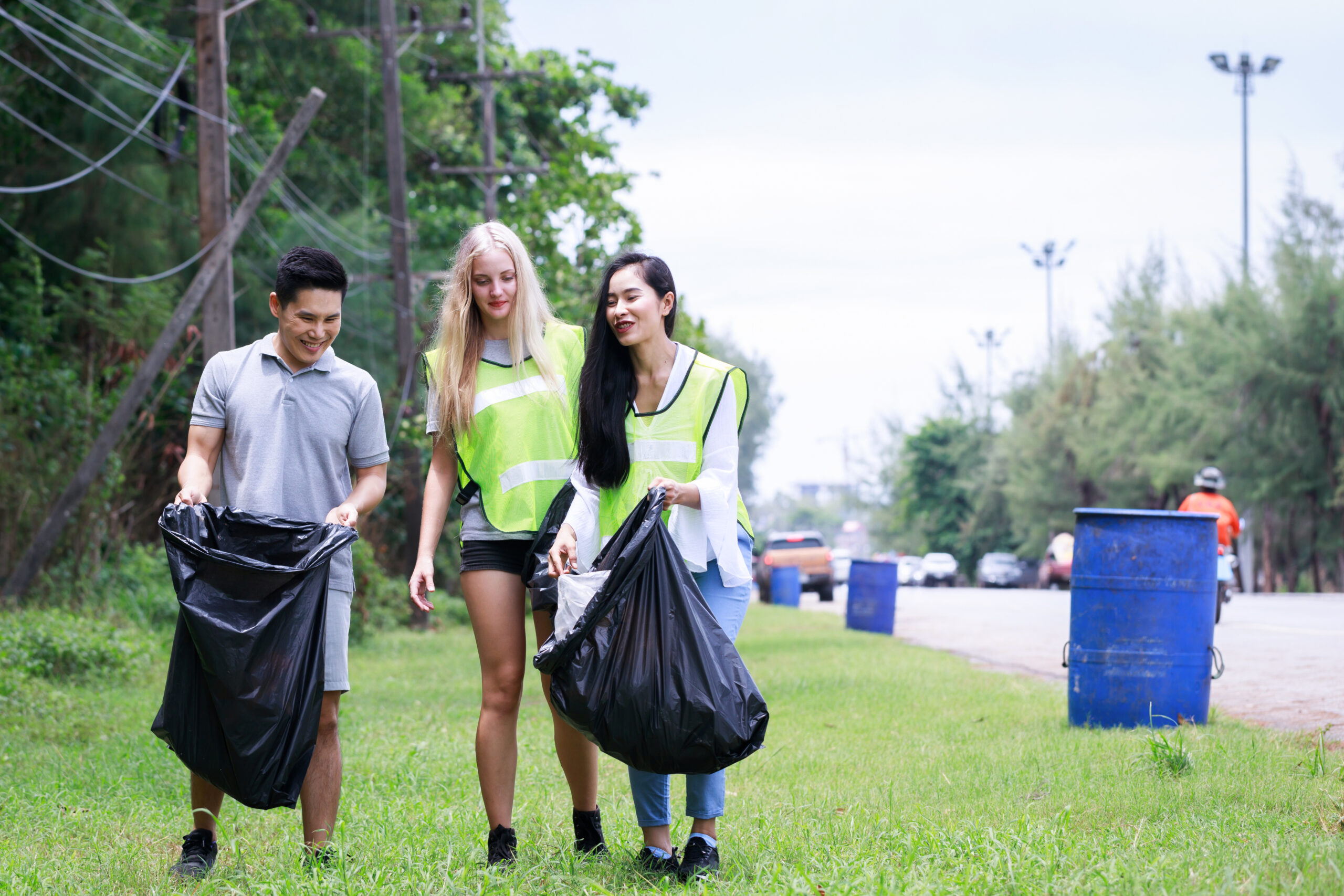As the world becomes increasingly reliant on electronic devices, the issue of e-waste has become a significant concern. In Bangladesh, workshops on e-waste recycling play a critical role in educating individuals and organizations about responsible disposal and recycling practices. These workshops aim to create awareness, foster community participation, and build sustainable systems to manage e-waste effectively. This article provides an in-depth look at the significance, activities, and outcomes of e-waste recycling workshops in Bangladesh, with a focus on their impact on environmental sustainability.
What is E-Waste?
E-waste refers to discarded electronic devices such as mobile phones, computers, televisions, and other digital gadgets that are no longer functional or have become obsolete. These items often contain hazardous materials like lead, mercury, and cadmium, which pose significant environmental and health risks if not disposed of properly.
The Growing E-Waste Problem in Bangladesh
- Statistics: According to the Department of Environment (DoE), Bangladesh generates approximately 400,000 tons of e-waste annually, with Dhaka alone contributing over 40% of the total.
- Challenges: Lack of formal recycling systems, low awareness levels, and inadequate government policies exacerbate the problem.
- Impact: Improper disposal leads to soil and water contamination, affecting human health and biodiversity.
The Role of Workshops in E-Waste Recycling
Purpose of E-Waste Recycling Workshops
- Awareness Building: Educate communities about the dangers of improper e-waste disposal.
- Skill Development: Train individuals on safe recycling techniques and how to repurpose e-waste.
- Policy Advocacy: Encourage stakeholders to formulate and implement effective e-waste management policies.
Key Stakeholders
- Government Agencies: Department of Environment (DoE), Ministry of Environment and Forests.
- Non-Governmental Organizations (NGOs): Waste Concern, WEEE Society Bangladesh.
- Private Sector: JR Recycling Solutions Ltd, Array Consortium Ltd.
- Academic Institutions: Bangladesh University of Engineering and Technology (BUET).
Highlights of Workshops on E-Waste Recycling in Bangladesh
1. Waste Concern’s Recycling Training Centre
- Location: Katchpur, Dhaka.
- Focus Areas:
- Organic waste recycling.
- Rainwater harvesting.
- Solar power generation.
- Eco-sanitation.
- Unique Features:
- Aerobic compost plant with a capacity of 7 tons/day.
- Educational programs for students and professionals.
2. Array Consortium Ltd’s Initiatives
- Activities:
- Workshops at universities like BUET.
- Social media campaigns.
- Web-based seminars targeting professionals.
- Impact:
- Improved awareness among youth.
- Collaborative efforts with academic institutions to tackle e-waste.
3. JR Recycling Solutions Ltd’s Campaigns
- Campaign Strategies:
- Set up e-waste collection booths at private universities.
- Distributed crests to encourage participation.
- Created videos highlighting the importance of e-waste recycling.
- Outcomes:
- Increased volunteer participation.
- Enhanced community engagement.
4. Department of Environment Workshops
- Objective: Formulate actionable policies for e-waste management.
- Methodology:
- Interactive discussions with stakeholders.
- Development of a roadmap for sustainable practices.
Success Stories
Case Study: E-Waste Collection Booths
| University | Collected E-Waste (kg) | Number of Participants |
| Bangladesh University | 250 | 300 |
| North South University | 180 | 250 |
| BRAC University | 320 | 400 |
Highlights:- Generated significant awareness among students.
- Encouraged the habit of responsible disposal.
Student Feedback
| Feedback Aspect | Positive Responses (%) |
| Awareness of E-Waste Issues | 85% |
| Importance of Recycling | 90% |
| Willingness to Participate Again | 95% |
The Impact of Workshops
Environmental Benefits
- Reduction in Landfill Waste: Workshops encourage recycling, reducing the amount of e-waste in landfills.
- Resource Conservation: Promote the recovery of valuable materials like gold, silver, and copper from e-waste.
- Pollution Mitigation: Decrease the release of toxic substances into the environment.
Economic Benefits
- Creation of jobs in the recycling sector.
- Development of new business opportunities in e-waste management.
- Reduction in the cost of raw material extraction through material recovery.
Social Benefits
- Increased awareness among citizens.
- Improved health outcomes due to reduced pollution.
- Empowerment of communities through skill development.
Recommendations for Scaling Up
- Expand Reach:
- Target rural areas where awareness levels are low.
- Partner with local government bodies to organize workshops.
- Leverage Technology:
- Use mobile apps for e-waste collection scheduling.
- Develop online training modules for recycling techniques.
- Policy Implementation:
- Introduce mandatory recycling policies for corporations.
- Provide subsidies for recycling businesses.
- Collaboration:
- Engage with international organizations to adopt best practices.
- Foster public-private partnerships to fund large-scale initiatives.
Conclusion
Workshops on e-waste recycling in Bangladesh are vital in addressing the growing e-waste crisis. By educating individuals, fostering community participation, and advocating for policy changes, these initiatives pave the way for a more sustainable future. With continued efforts and broader collaboration, Bangladesh can become a model for effective e-waste management in the developing world.

Leave a Reply